FTC Challenges Court Ruling On Microsoft's Activision Acquisition
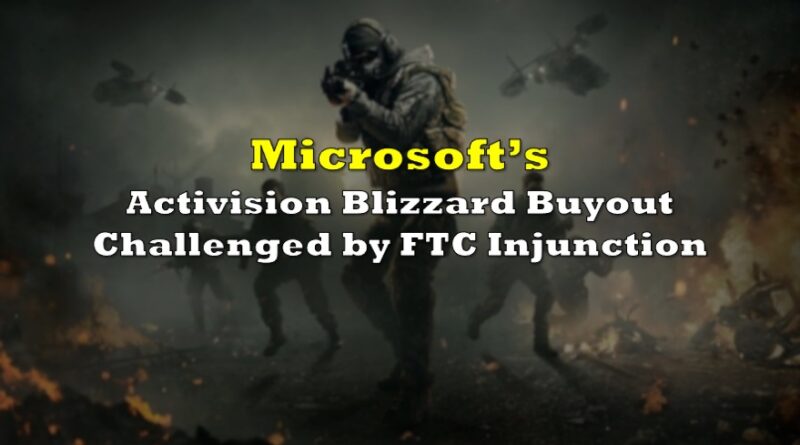
Table of Contents
The FTC's Antitrust Concerns Regarding the Microsoft-Activision Merger
The Federal Trade Commission (FTC) has voiced serious antitrust concerns about the Microsoft-Activision merger, arguing that it would significantly reduce competition within the video game market. Their primary concern centers on Microsoft's potential to leverage Activision's incredibly popular franchises, particularly Call of Duty, to stifle competition and harm consumers. This isn't just about console gaming; the FTC's worries extend to cloud gaming and mobile gaming sectors as well.
The FTC argues that Microsoft, by controlling Activision's titles, could:
- Exclude rival platforms: Prevent Call of Duty and other Activision games from appearing on competing platforms like PlayStation, Nintendo Switch, or even other cloud gaming services, potentially giving Xbox a significant unfair advantage.
- Reduce competition among game publishers: Limit the number of major publishers in the market, leading to less innovation and potentially higher prices.
- Increase prices for gamers: Monopolize key titles and raise prices for consumers, especially for subscription services like Xbox Game Pass.
- Stifle innovation: Reduce the incentive for Microsoft to innovate, knowing it holds a dominant position in the market.
The FTC's legal challenge explicitly cites examples where Microsoft's past acquisitions have raised similar concerns, painting a picture of a company intent on consolidating its power within the gaming industry.
The Court's Initial Ruling and the FTC's Response
Initially, a federal judge dismissed the FTC's attempt to block the merger, citing insufficient evidence of anti-competitive behavior. The court's rationale highlighted the complexities of the gaming market and the potential for competition to remain even with the merger. However, the FTC swiftly responded by appealing the decision, arguing that the court's analysis misrepresented crucial aspects of antitrust law and failed to consider the long-term implications for competition.
The FTC's appeal hinges on several key legal points:
- Alleged procedural errors: The FTC claims the court's decision overlooked critical evidence and made procedural errors during the initial hearing.
- Misinterpretation of antitrust law: The FTC argues the court misinterpreted established antitrust precedents, potentially setting a dangerous precedent for future mergers and acquisitions in the tech sector.
- Underestimation of Microsoft's market power: The FTC asserts that the court underestimated the potential for Microsoft to leverage its combined power to harm competitors.
The FTC's rebuttal forcefully reiterates its commitment to protecting competition in the gaming market and preventing the creation of a dominant player with undue influence.
Potential Outcomes and Implications for the Gaming Industry
The potential outcomes of this legal battle are far-reaching and uncertain. Three main scenarios are possible:
- FTC Win: The FTC successfully overturns the initial ruling, blocking the merger entirely. This would significantly impact Microsoft's gaming strategy and potentially set a strong precedent for future antitrust enforcement in the tech industry.
- Microsoft Win: The appeals court upholds the initial ruling, allowing the merger to proceed. This would likely solidify Microsoft's position as a major player in the gaming market, with potentially significant consequences for competition and consumer prices.
- Negotiated Settlement: Microsoft and the FTC reach a negotiated settlement, possibly involving concessions from Microsoft to alleviate the FTC's antitrust concerns. This might involve commitments regarding game availability on competing platforms or other stipulations aimed at maintaining competition.
Regardless of the outcome, the FTC challenges Microsoft's Activision acquisition will undoubtedly shape the future of the gaming industry. The ramifications will be felt across several areas:
- Game prices: A merger could lead to higher prices if competition is significantly reduced.
- Competition among developers: The deal could limit the number of major players and stifle innovation.
- Cloud gaming: Microsoft's control over Activision titles could create an uneven playing field in the rapidly growing cloud gaming market.
- Game availability: Consumers may experience reduced access to popular titles across different platforms if Microsoft decides to make them Xbox exclusives.
Conclusion: The Future of the FTC's Challenge to Microsoft's Activision Acquisition
The FTC's challenge to Microsoft's Activision acquisition represents a pivotal moment for the gaming industry and antitrust enforcement. The FTC's key arguments, centered on concerns of reduced competition and potential harm to consumers, are serious and warrant careful consideration. The outcome of this legal battle will have significant long-term consequences, impacting game prices, competition, and the availability of popular titles. While predicting the ultimate outcome is difficult, this case underscores the growing scrutiny of mega-mergers in the tech sector.
Stay updated on this ongoing legal battle. The future of the gaming industry hangs in the balance as the FTC continues to challenge Microsoft's Activision deal. Share your thoughts and predictions in the comments below! Let's discuss the implications of the FTC challenges Microsoft's Activision acquisition and its potential impact on the gaming landscape.

Featured Posts
-
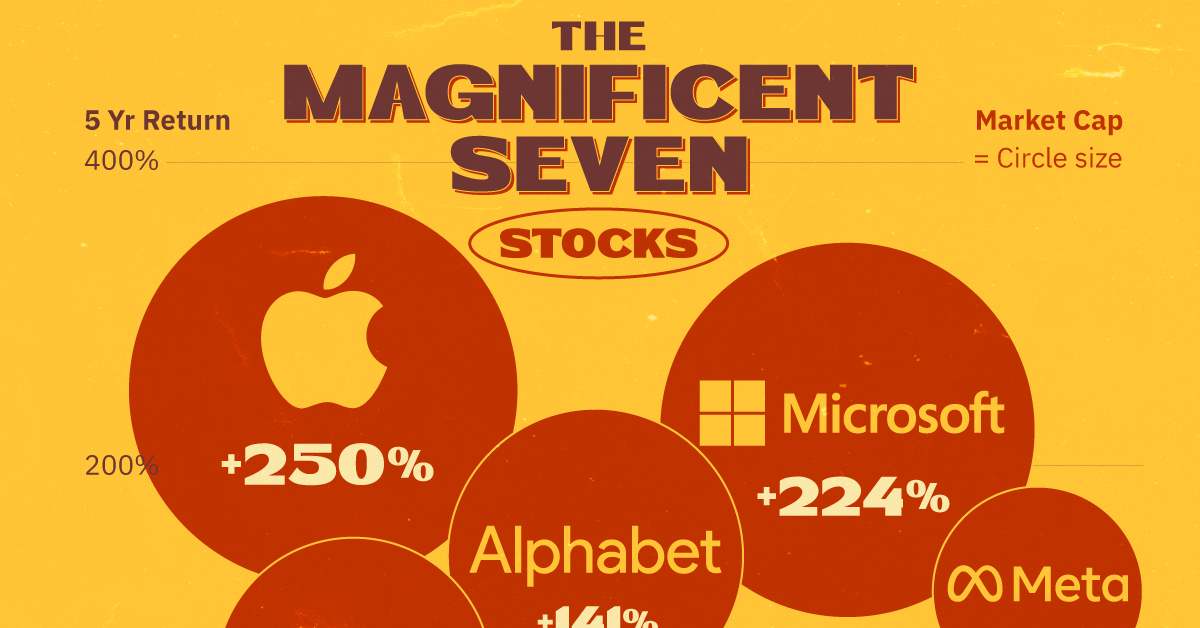 Magnificent Seven Stocks A 2 5 Trillion Market Value Loss Analysis
Apr 29, 2025
Magnificent Seven Stocks A 2 5 Trillion Market Value Loss Analysis
Apr 29, 2025 -
 Indian Equities Dsp Fund Managers Strategic Shift And Cash Allocation
Apr 29, 2025
Indian Equities Dsp Fund Managers Strategic Shift And Cash Allocation
Apr 29, 2025 -
 Why Middle Managers Are Crucial For Company Success And Employee Well Being
Apr 29, 2025
Why Middle Managers Are Crucial For Company Success And Employee Well Being
Apr 29, 2025 -
 The China Market Navigating Challenges For Bmw Porsche And Competitors
Apr 29, 2025
The China Market Navigating Challenges For Bmw Porsche And Competitors
Apr 29, 2025 -
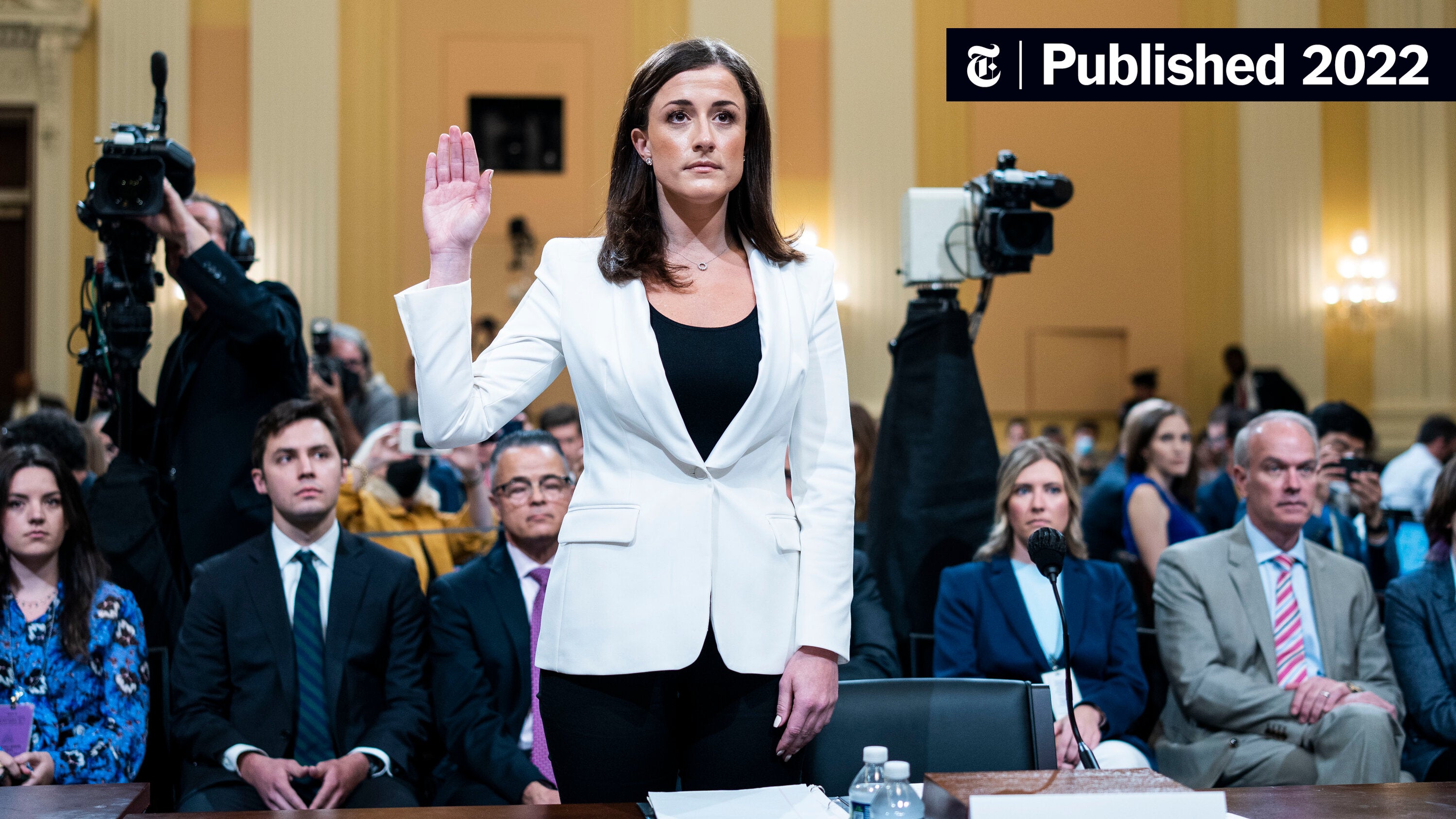 Cassidy Hutchinson Jan 6 Hearing Testimony To Become Fall Memoir
Apr 29, 2025
Cassidy Hutchinson Jan 6 Hearing Testimony To Become Fall Memoir
Apr 29, 2025
Latest Posts
-
 The Impact Of Zombie Office Buildings On Chicagos Real Estate Market
Apr 29, 2025
The Impact Of Zombie Office Buildings On Chicagos Real Estate Market
Apr 29, 2025 -
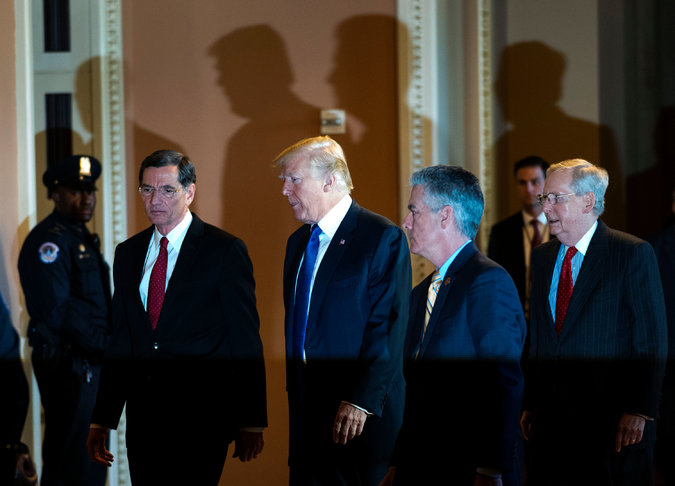 Key Republican Groups Threaten To Block Trumps Tax Bill
Apr 29, 2025
Key Republican Groups Threaten To Block Trumps Tax Bill
Apr 29, 2025 -
 Zombie Buildings In Chicago Understanding The Office Real Estate Collapse
Apr 29, 2025
Zombie Buildings In Chicago Understanding The Office Real Estate Collapse
Apr 29, 2025 -
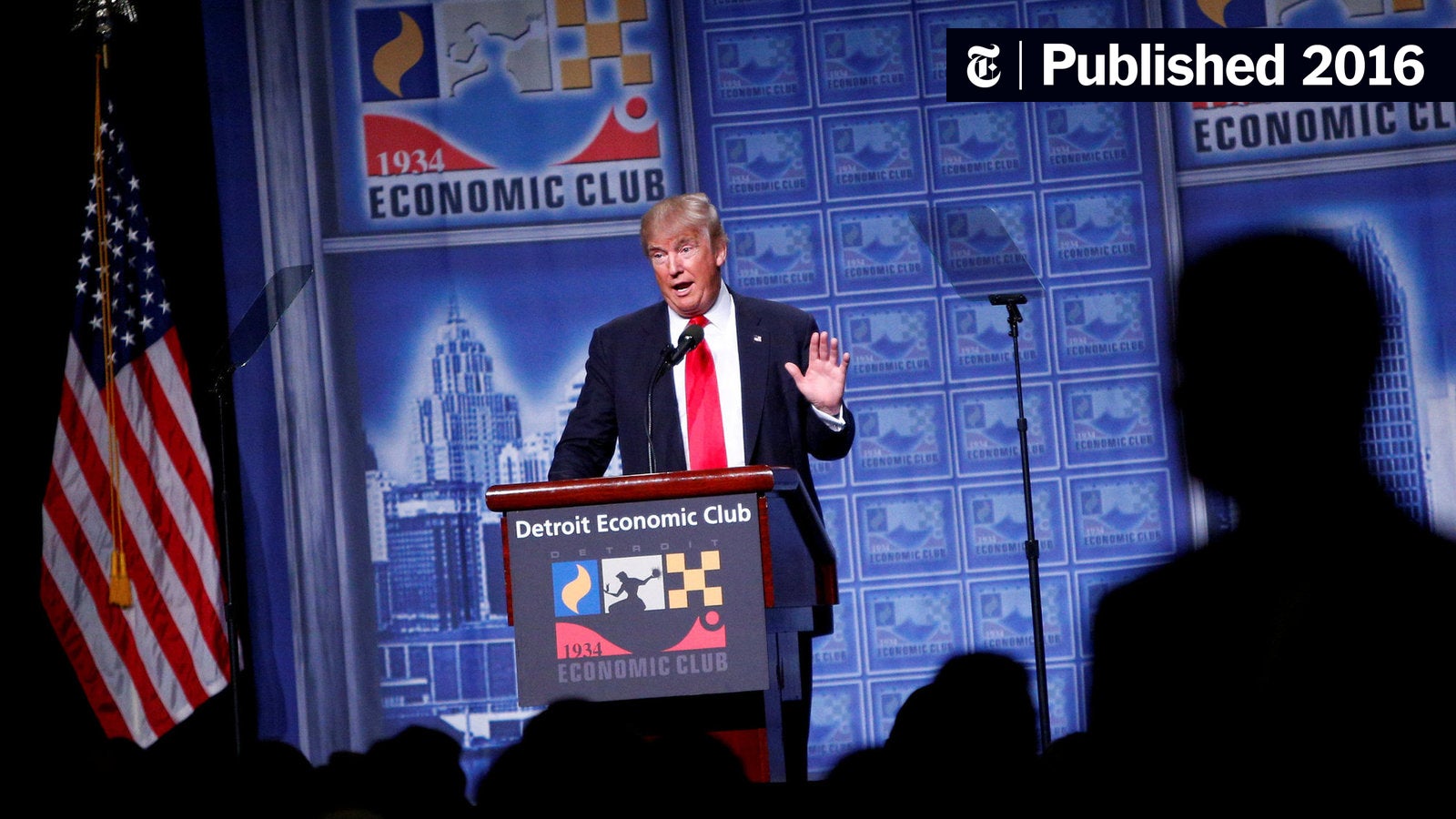 Can Trumps Tax Cuts Survive Internal Republican Opposition
Apr 29, 2025
Can Trumps Tax Cuts Survive Internal Republican Opposition
Apr 29, 2025 -
 Chicagos Office Market Meltdown The Rise Of Zombie Buildings
Apr 29, 2025
Chicagos Office Market Meltdown The Rise Of Zombie Buildings
Apr 29, 2025
